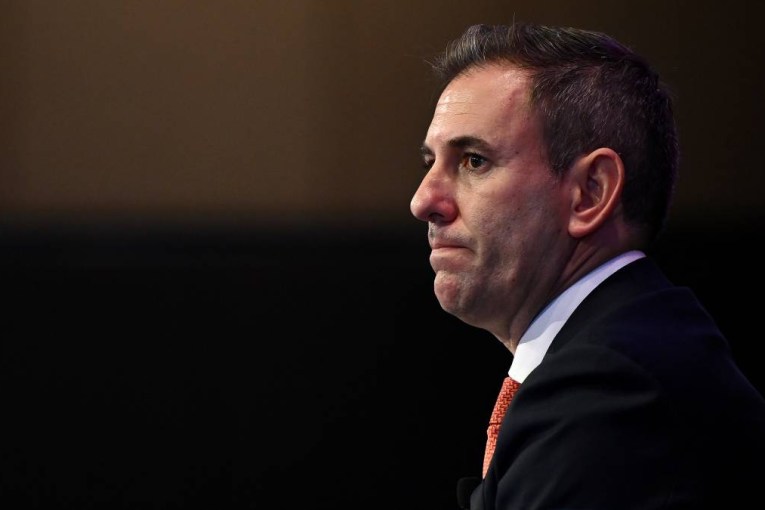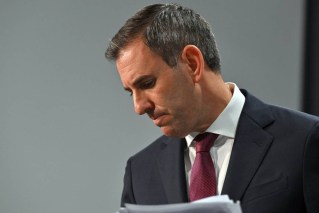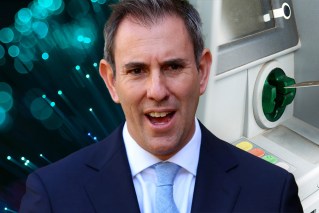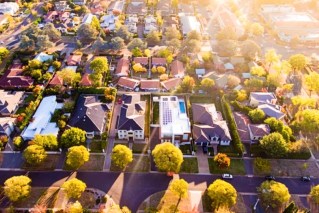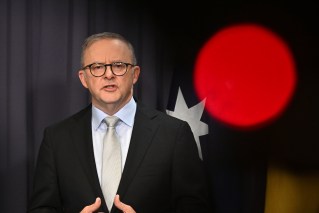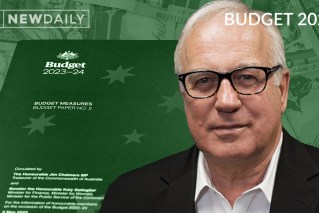First Home Loan Deposit Scheme expanded by 10,000 extra places


The federal government has extended the First Home Loan Deposit Scheme for newly built homes. Photo: The New Daily
An extra 10,000 first-home buyers will be able to purchase with deposits as low as 5 per cent under an extension to the federal government’s First Home Loan Deposit Scheme.
But unlike the original, the extension only applies to newly built homes and comes with higher price caps.
In a bid to stimulate the economy and keep more tradies in jobs, the Morrison government will include in the Federal Budget an extension to the scheme that runs from October 6 to June 30, 2021.
As with the original phase of the scheme, eligible first-home buyers will be able to purchase a home with a deposit as low as 5 per cent of the purchase price, as the federal government will guarantee up to 15 per cent of the loan.
But this time around, successful applicants will be able to buy homes worth up to $950,000 in Sydney, $850,000 in Melbourne, $650,000 in Brisbane, and $550,000 in Perth.
“In addition to the government’s HomeBuilder program, these measures will support residential construction activity and jobs across the industry at a time when the economy and the sector needs it most,” Treasurer Josh Frydenberg said.
“The Morrison Government is committed to doing all we can to help Australians get into their own home,” Assistant Treasurer and Housing Minister Michael Sukkar added.
The Assistant Treasurer said the scheme had already helped “almost 20,000” first-home buyers purchase a home.
He said the extended scheme could be combined with the federal government’s HomeBuilder grants and First Home Super Saver Scheme, as well as grants and concessions provided by states and territories.
The government-backed loan guarantees allow first-home buyers to purchase homes much sooner while avoiding lenders mortgage insurance, which can often run into the tens of thousands of dollars.
The scheme came into effect on January 1 and initially had 10,000 places, of which 9984 had been taken up as of June 30.
But due to strong demand, the federal government announced in February that it would make another 10,000 places available from July.
Consequently, the latest extension means the federal government will have offered a total of 30,000 places on the scheme to eligible first-home buyers between January 1, 2020 and July 30, 2021.
The scheme is open to individuals earning up to $125,000 and couples up to $200,000.

The extension comes after the federal government announced its $688 million HomeBuilder program in June.
Prime Minister Scott Morrison announced the scheme less than a week before Australians voted in the 2019 federal election.
Grattan Institute household finances director Brendan Coates said at the time that the scheme failed to address the causes of Australia’s housing affordability crisis.
“It’s not addressing the core problem,” Mr Coates told The New Daily.
“It’s trying to help first-home buyers without hurting anyone. But for first-home buyers to win, someone has to lose or prices have to fall, in which case first-home buyers are better off and existing home owners are worse off.
“Both sides should resist calls to expand this scheme, because the larger it is, the more likely it is to turbocharge house prices.”
Weeks after the scheme started, CoreLogic’s head of Australian research Eliza Owen said it could worsen inequality by “granting easier access to home ownership to people who are already more likely to attain it”. She said the salary caps were too high.
The announcement of the extension comes after the National Housing Finance and Investment Commission (NHFIC), which administers the scheme, released modelling in September showing housing demand could fall by up to 232,000 dwellings over the next three years, due to low levels of immigration.
The modelling was the latest in a slew of weak economic data suggesting demand for new housing has fallen off a cliff – prompting Federal Labor to join welfare groups and building associations in calling for greater investment in social housing.
Their concerns have so far fallen on deaf ears.
And the federal government has all but ruled out changing tack, as it considers social housing a state government responsibility and says it has already made significant investments in the space.
Got a tip? Contact the author at [email protected]


